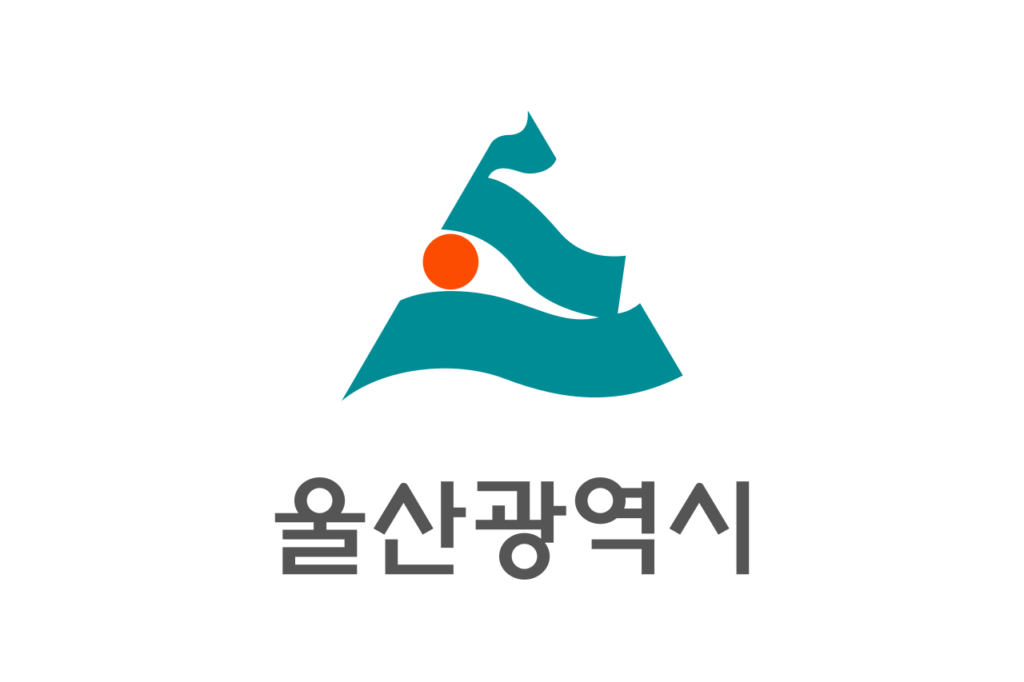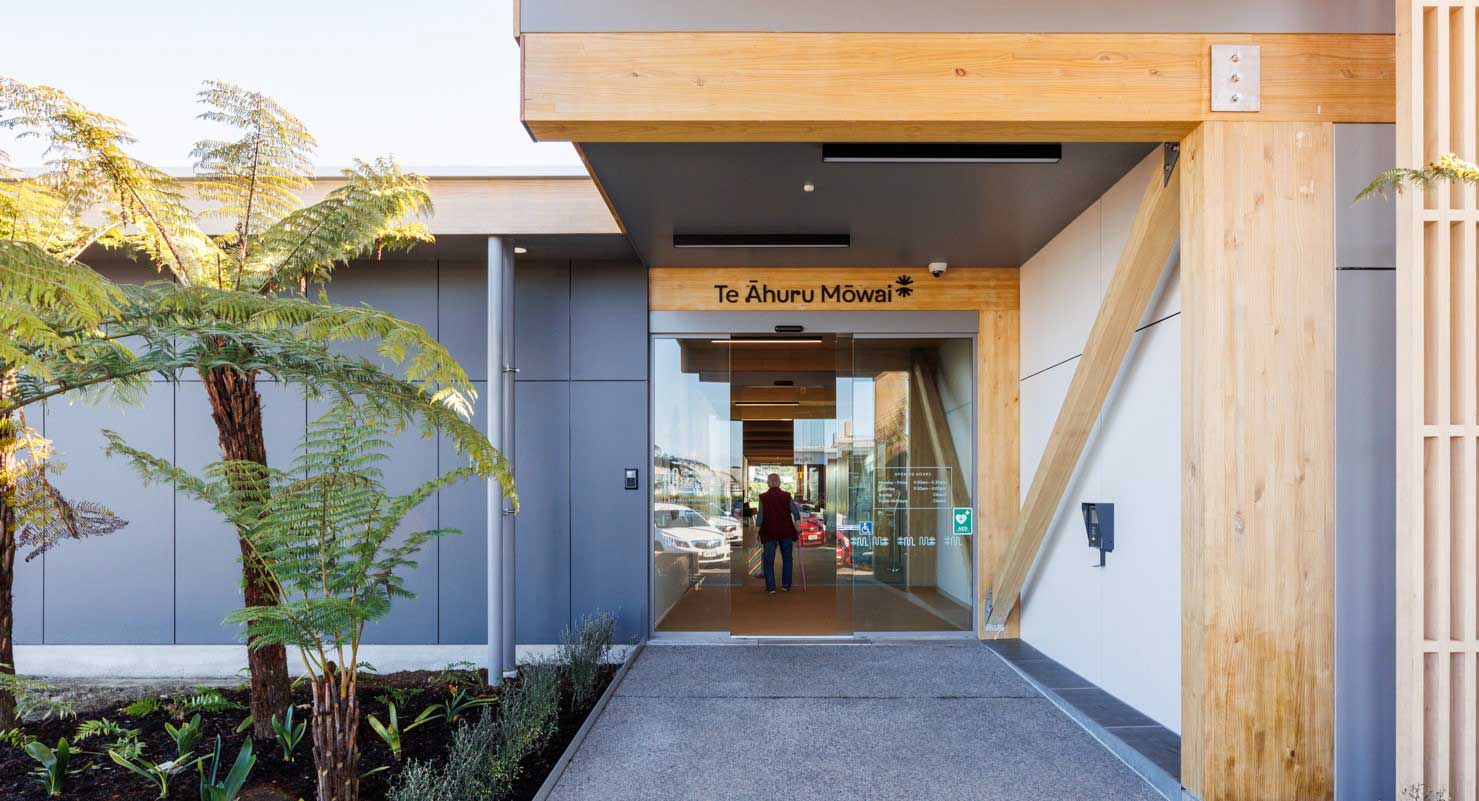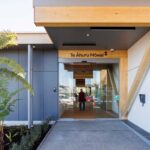Using Bibliotheca solutions to offer stellar service and become a model for the region

Challenge
Solution
Result
Using RFID to support library staff and provide exceptional service
Ulsan Metropolitan City Library opened in April 2018 in Ulsan City, South Korea, as the city’s main library branch. Ulsan City, located in the southeastern part of the country, is one of South Korea’s seven major metropolitan cities and home to roughly 1.2 million residents. Ulsan City boasts outstanding natural scenery and a stable local economy and is the headquarters of the largest modern automobile production line as well as a thriving shipbuilding industry.
Transforming an abandoned space into a centre of culture and education
At the end of April 2018, The Ulsan Library reopened in the previously abandoned Yeocheon sanitation facility site. The first basement level and third floor were completely renovated to house the largest main library in the country. The new plan includes an Auditorium, which comfortably seats 300 people and now regularly conducts film screenings, concerts, and other humanities events, as well as a variety of educational courses for users of all ages. In 2019, 130,000 users visited the Ulsan Library every month, and it welcomed approximately 7,000 users a day.
Once an overlooked area, the neighborhood has been transformed into a gathering place for Ulsan citizens providing space for cultural appreciation and learning. In its first four months, the new library boasted a circulation of 100,000 monthly loans. Every week, the library hosts both large and small cultural performances as well as movie screenings. Ulsan citizens visit the area to take in cultural performances as well as visit the library to borrow materials. The library hosts various educational courses and reading programs that cater to public groups and humanities programs and has truly become the pride of the community and a multi-cultural space for Ulsan citizens.
Using RFID technology to provide stellar service and free staff time for cultural programs in Korea’s leading library
To meet its mission as a place of intercultural exchange, Ulsan Library knew it was imperative that they find the most efficient way to sort and reshelve materials. From the beginning, the library decided to implement RFID library technology, self-checkout, and automated return and sorting technology. Impressed with Bibliotheca’s modern, sleek and intuitive solutions, as well as their maintenance service packages, the library installed a full suite of Bibliotheca products: selfCheck kiosks, security detection gates, remoteLockers, and a flex AMH. The world-class solutions and RFID technology have inspired confidence in the modern self-service service model and allowed Ulsan Library to become the benchmark for libraries in the region.
Library services extend access to all citizens regardless of physical ability
The Ulsan Library is a large space that is highly utilized by all citizens. It was very important that all users, regardless of physical ability, be able to access the library and easily use all self-service solutions.
According to Ulsan Library Information Department’s RFID system manager, Bibliotheca’s solutions make it easy to provide equitable access to all users. All selfChecks use the same sleek interface powered by the intuitive quickConnect software. The system was designed from the ground up to meet the needs of all library users. The height can be adjusted to provide wheelchair access, and the touchscreen is easy enough for even children to use.
Ulsan also installed Bibliotheca’s RFID premium security gates, which offer twice the passage width of standard library security gates. The wide passage easily accommodates large groups, wheelchairs, and wide strollers. The gates meet the standards of Korea’s Disability Discrimination Act while blending beautifully with the library’s aesthetic, both of which were key selling points for Ulsan.
Role as local representative library
Ulsan Library is the representative library for the region. In addition to managing and maintaining rare and special materials in the region, it is essential that Ulsan librarians have time to interact with citizens and help them locate and borrow any materials they may need. In order to minimize the time required for simple, repetitive lending / returning operations, it is essential the library have an easy-to-use self-service and return sorting system.
Ulsan has been particularly pleased with the flex AMH, Bibliotheca’s return and sorting solution. In addition to saving time for library staff, the flex AMH is fun to watch in action. The library installed it in a location that allows users to see their materials travel along the conveyor belt and be sorted into the correct bins. Additionally, the flex AMH is modular and can be expanded as the library’s needs grow.
The new Ulsan Library is already successful. As time goes on, it hopes to act as an example of using technology to increase staff efficiency and provide superior service even in Korea’s smaller libraries.
Using technology to provide access during lockdown
Like most libraries worldwide, Ulsan Library was closed at the beginning of the Covid-19 pandemic. However, using remoteLocker, the library began offering pick up of reserved materials in the 24/7 lobby within just two weeks. The library saw a 400% increase in use of the remoteLocker holds pickup solution during the crisis and a dramatic increase in the number of children’s books being lent through the service. Not only was the remoteLocker a boon to parents (and their children) during a difficult time, it also became the focus of a young blogger’s post, as he detailed how easy it was to use the locker and how grateful he was that the library was still available when the rest of the world seemed shut down.
Ulsan went on to offer drive through service before eventually opening the library to limited indoor use with safety precautions, including encouraging self-service through selfChecks, in place.
“As the necessity of non face-to-face emerged more than ever during Covid-19, the remoteLocker was really helpful during an emergency. In addition automated holds pickup and returns machines that can be used at any time of day is now an essential part of the library experience.” – Jeongnam Seo, Ulsan Library Director
You may also like
Insights + Trends

Groundbreaking access: open+ in Manawatū Community Hub Libraries, New Zealand
Extended library access that is highly-used and applauded by the community.

Self-service by the sea: selfCheck 500 in Kaipara District Libraries, New Zealand
Refresh a branch using modern library self-service technology, utilise selfCheck 500 to help the tiny library team streamline workflow

Access abounds in Australia:
Blue Mountains Library
Discover how Blue Mountains Library in Australia transformed its services with RFID technology, connecting remote communities and enhancing access to essential resources during disasters.


